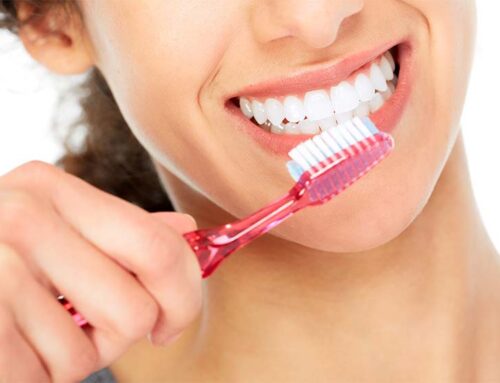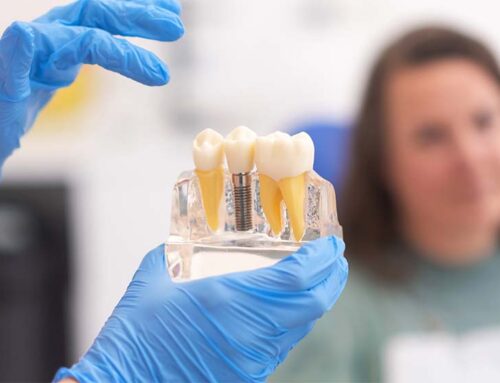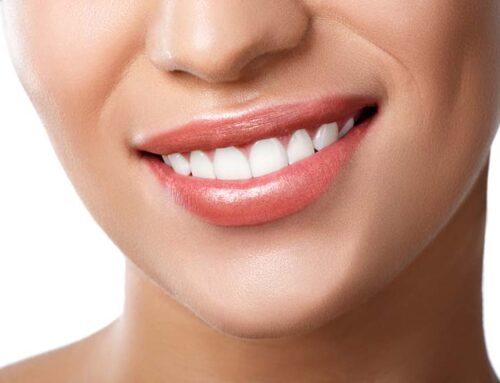If you noticed that you clench your teeth at night, or if your relatives told you that you grind your teeth all night, that’s means you have bruxism. It doesn’t always cause symptoms but some people get facial pain and headaches, earaches, disrupted sleep, difficulty while opening and closing the mouth etc. In some cases, this disease can lead to insomnia and depression.
When the dentist examines, it observes that the teeth have cracks in the edges and tooth enamel cracks. Due to cracks in the enamel layer, it develops sensitivity to hot and cold foods and beverages. Prolonged tooth grinding can cause permanent discomfort in the jaw joint.
What causes teeth grinding?
Research has shown that especially stress, anxiety or sleep problems cause teeth grinding. In hasty, competitive and stressful people, the incidence of teeth grinding is high.
Treating teeth grinding
Bruxism should be treated to prevent permanent damage to the teeth and jaw joint and to prevent pain. The most common treatment is “mouth guard” that reduces the sensation of clenching or grinding your teeth. If you have stress or anxiety, psychological treatments may be recommended. Missing and damaged teeth may be treated with porcelain filling or crowns. You can drink relaxing beverages such as a cup of hot milk, chamomile tea before sleeping. It can reduce teeth grinding. Another newly developed and effective treatment is Botox treatment, which is frequently used in many areas. Botox, injected into masseter and temporalis muscles, provides relief in the muscle. Patient found themselves having to relax their muscles less and less. Correctly applied botox does not damage the muscle or chewing function.







Leave A Comment